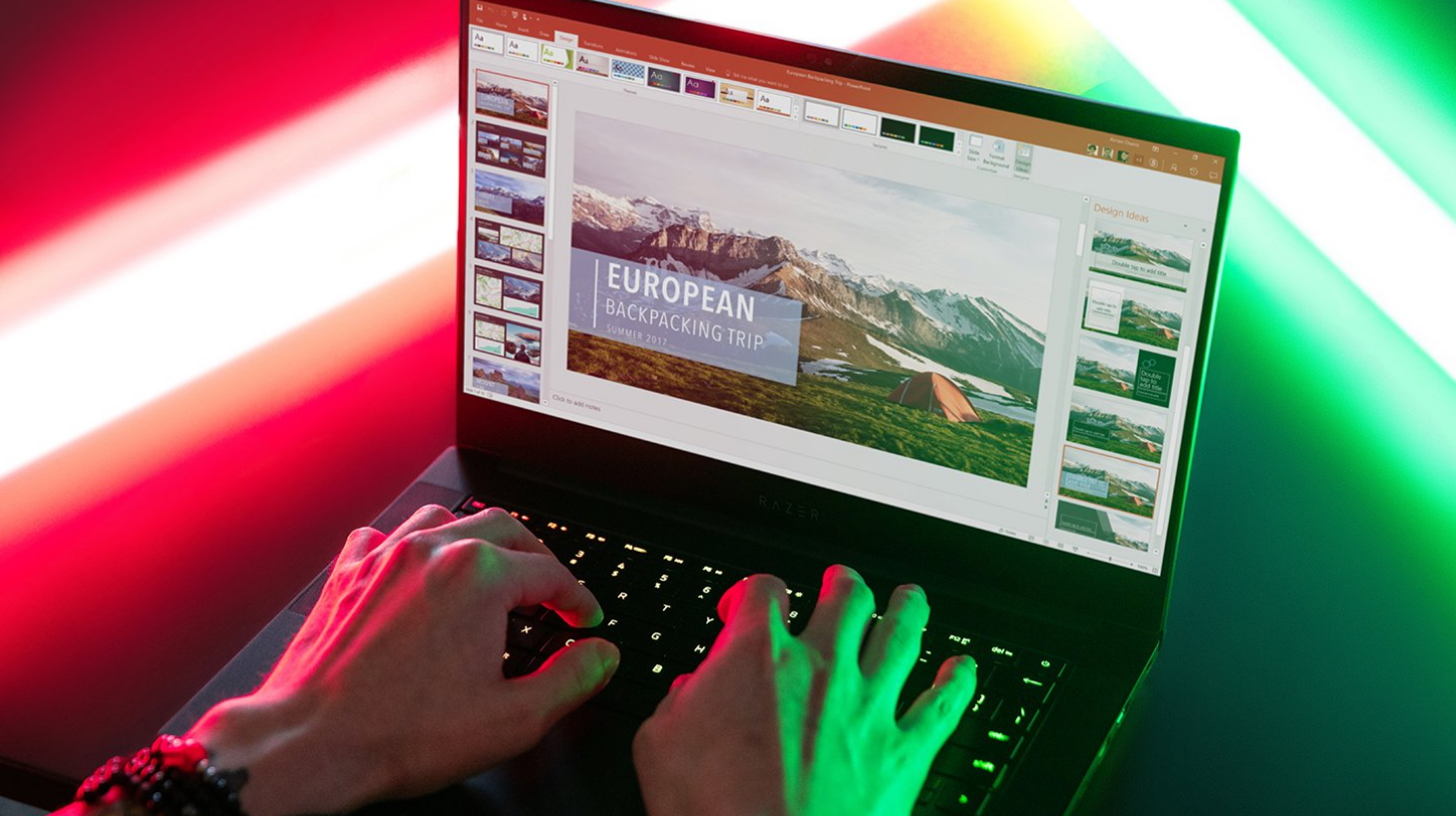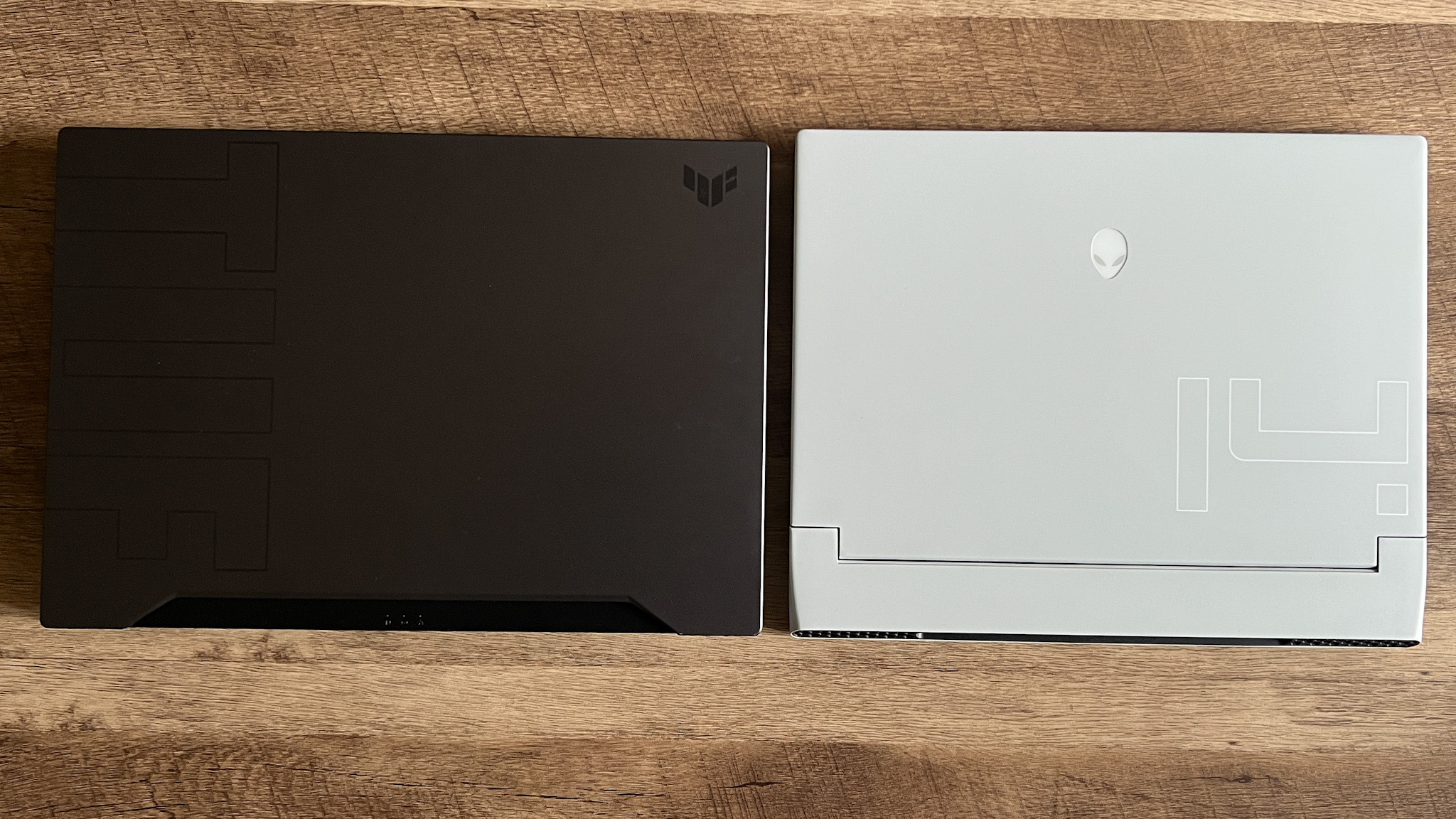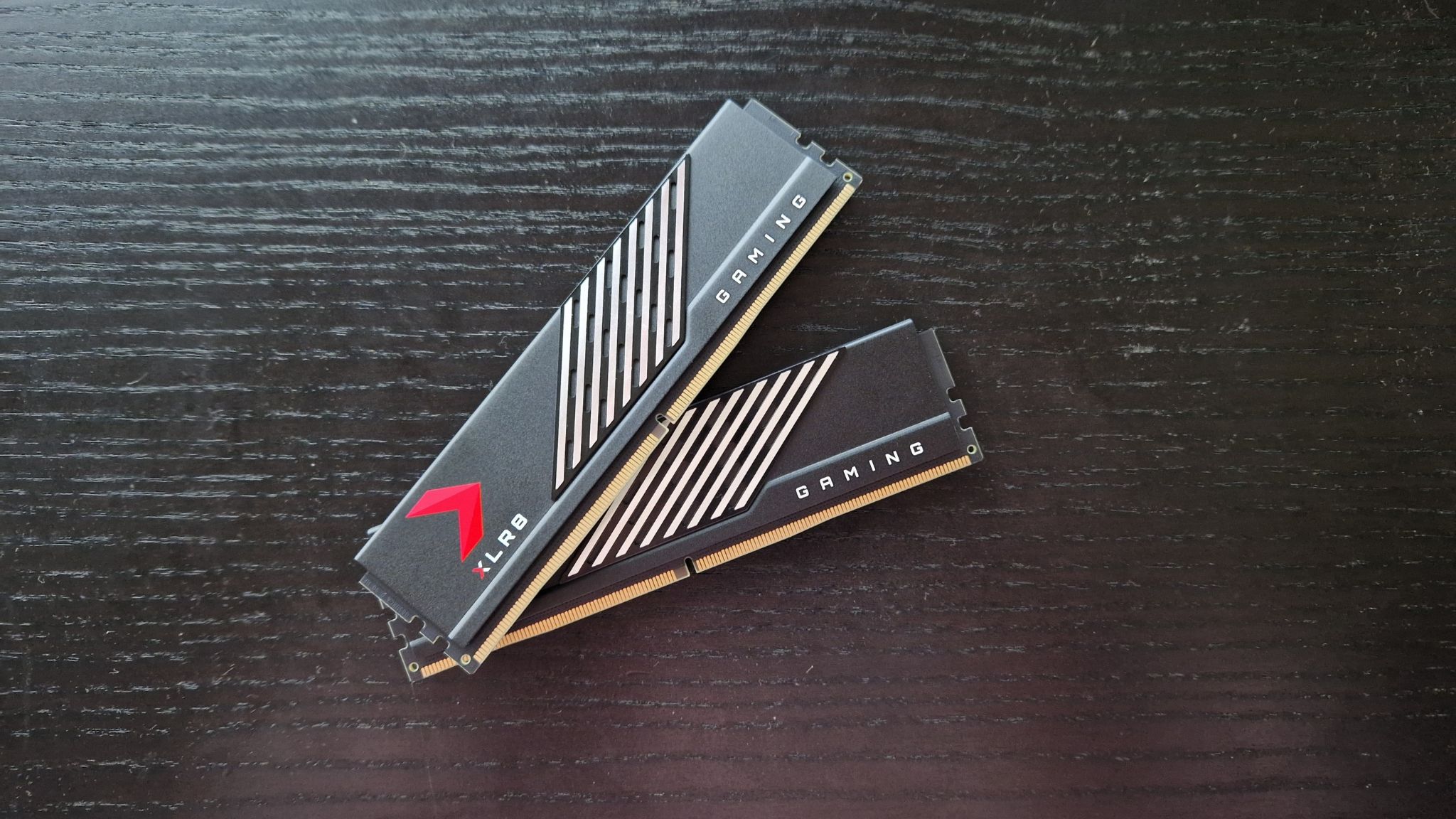Buying a laptop on Prime Day? Check out these 3 essential tips first
Everything you need to know about your next laptop-to-be ahead of Prime Day.


Amazon Prime Day is coming up fast, and if you're on the hunt for a new laptop this year, you're going to be well served by this summer's sale. We regularly see everything from budget Chromebooks to super powerful ultrabooks on sale in this event, but there are a few pitfalls you'll want to avoid.
We've been tracking Prime Day laptop deals for years, so we've picked up a thing or two when it comes to getting the best value for money. That's why we've compiled this list of the four tips essential to making the most of 2024's offers. In short, they centre around knowing exactly what you want to get from your machine, and how much you should be paying for that. Finding the right budget, knowing how to avoid dodgy configurations, working out the perfect size, and keeping your options open will serve you well in your hunt.
After all, Amazon Prime Day can be overwhelming at the best of times. Once you throw other retailers' competing offers on machines with slightly different configurations, things can get hectic. Having a solid plan in place from the get-go can mean the difference between grabbing one of the best deals on the shelves and going home empty handed (or worse, with a duff discount).
1. Find the right budget

If we all had unlimited access to never-ending sources of wealth, then it’s no question that we would always strive for the absolute cream of the crop, year on year. Sadly, we can’t all be millionaires (we’re disheartened as well), so it’s important to temper your expectations and devise a rough idea of how much you’re willing to spend, and what’s important to you, when buying a new laptop this Prime Day.
$400 or below - Perfect for browsing: At this price point, it’s entirely possible that you’ll be able to find a capable laptop with a good screen that will be perfect for working and streaming HD content. Laptops in this range tend to skimp on overall build quality (constructed out of plastic and not metal) as well as storage space - they commonly range anywhere from 64GB to 1TB HDD.
$750 or below - Perfect for working: If you’re looking to bump up that budget a bit when it comes to your next laptop, you can expect to find machines boasting gorgeous screens and all-metal construction. More important, however, are the specs under the surface. Commonly, laptops of this caliber include an Intel i5 or AMD Ryzen equivalent, and either a mid-tier dedicated graphics card or high-quality integrated graphics baked into the chip.
$1,000 or above - Perfect for gaming: This kind of money can yield some stunning laptops. It’s a lot to throw down on a computer, we know, but you could easily get an enterprise powerhouse or a decent gaming rig with little to no compromises. The screen quality tends to be the most noticeable bump right away, along with high-end processors and lots of storage space.
Weekly digests, tales from the communities you love, and more
2. Consider size carefully

Laptops have been around in some way, shape or form, for decades. As a result, there are all kinds of benchmarks for what size a laptop should be in the modern-day. Of course, these sizes go in and out of fashion - and the last couple of years have proven such. The emergence of 16:10 screens on laptops now makes the 16-inch a far more popular option. That means you'll see fewer 15.6-inch devices out in the wild (though they're certainly still likely to be taking part in 2024 Prime Day laptop deals).
Generally speaking, there are now three common sizes that laptops are available in. These are 14-inch, 15.6-inch / 16-inch, and 17.3-inch. Outliers to this formula include 13-inch panels preferred by Apple for its newest line of MacBooks and 11-inch displays common on budget Chromebooks.
The vast majority of users will opt for a 15.6-inch or 16-inch display, as they are now the most common in circulation and supported by the most manufacturers in 2024. However, be mindful of what you want to accomplish with your device. If you’re getting a laptop for office use, something light and small will do the job over a hulking behemoth with a mega-sized screen. Likewise, if you’re after something to stream Full HD/4K content on or you're going to be multi-tasking between simultaneous windows, then bigger is always better.
It’s worth noting that 14-inch models are great for portability, without sacrificing the necessary keyboard real estate that the smaller variants have - such as 11-inch displays, where things can feel cramped and uncomfortable after extended periods of use. Again, it’s all personal preference and there’s no one size fits all when it comes to what’s right for you, but it’s something to keep in mind when considering how much you’ll be using your laptop on a daily basis.
3. Know what to avoid

Non-HD screens: It’s hard to believe in 2024, but there are some low-end laptops out there configured in strange resolutions with sub-HD displays. To put things simply, the lower resolution your laptop is, the worse everything is going to look. It’s worth remembering that you’re no doubt going to be using your fancy new machine for web browsing, getting work done, gaming, streaming content, and beyond, so it would be a challenge to see things clearly when it looks like the screen’s been smeared with vaseline.
Bad thermals: Let’s keep this short and sweet. Laptop computers, as I’m sure you’re aware, have a tendency to get rather hot and require some form of cooling - usually by fans of some kind. With some laptop models, the emphasis can be on the form factor itself with little regard for how your shiny new PC can dissipate heat. If the PC runs too hot for too long, it can begin to damage the insides and greatly affect performance - be sure to keep an eye out.
Less than 4GB RAM: Your mileage may vary, but it’s generally accepted that the absolute minimum of RAM needed for a functioning laptop at the base level is 4GB. Think about it like this: every time you open a new tab in your web browser, run a new program or have several things on the go at once, your processor is working double-time to juggle everything and keep itself ticking over like a watch. Anything less than 4GB of RAM, and the computer might struggle to multitask effectively - this leads to laggy performance, which no one wants to go through. For gaming we'd say start with 8GB of RAM, but more on that later.
Don't forget to also keep a close eye on Prime Day gaming laptop deals and Prime Day PC deals if you're after something to take care of your Steam library. However, we're also rounding up everything you can expect from this year's Prime Day Kindle deals for more tech as well.

Aleksha McLoughlin served as the Hardware Editor for GamesRadar from June 2021 until August 2022. Her main area of expertise was the PC gaming platform, which comprised buying guides, features, reviews, and news coverage on components and prebuilt machines. She was also responsible for gaming chairs and storage. She now works on a freelance basis while studying to become a university lecturer specializing in English for foreign territories. Prior to joining GamesRadar, she wrote for the likes of Expert Reviews, The Rory Peck Trust, No Clean Singing, Vinyl Chapters, and Tech Spark while also working with the BBC.


